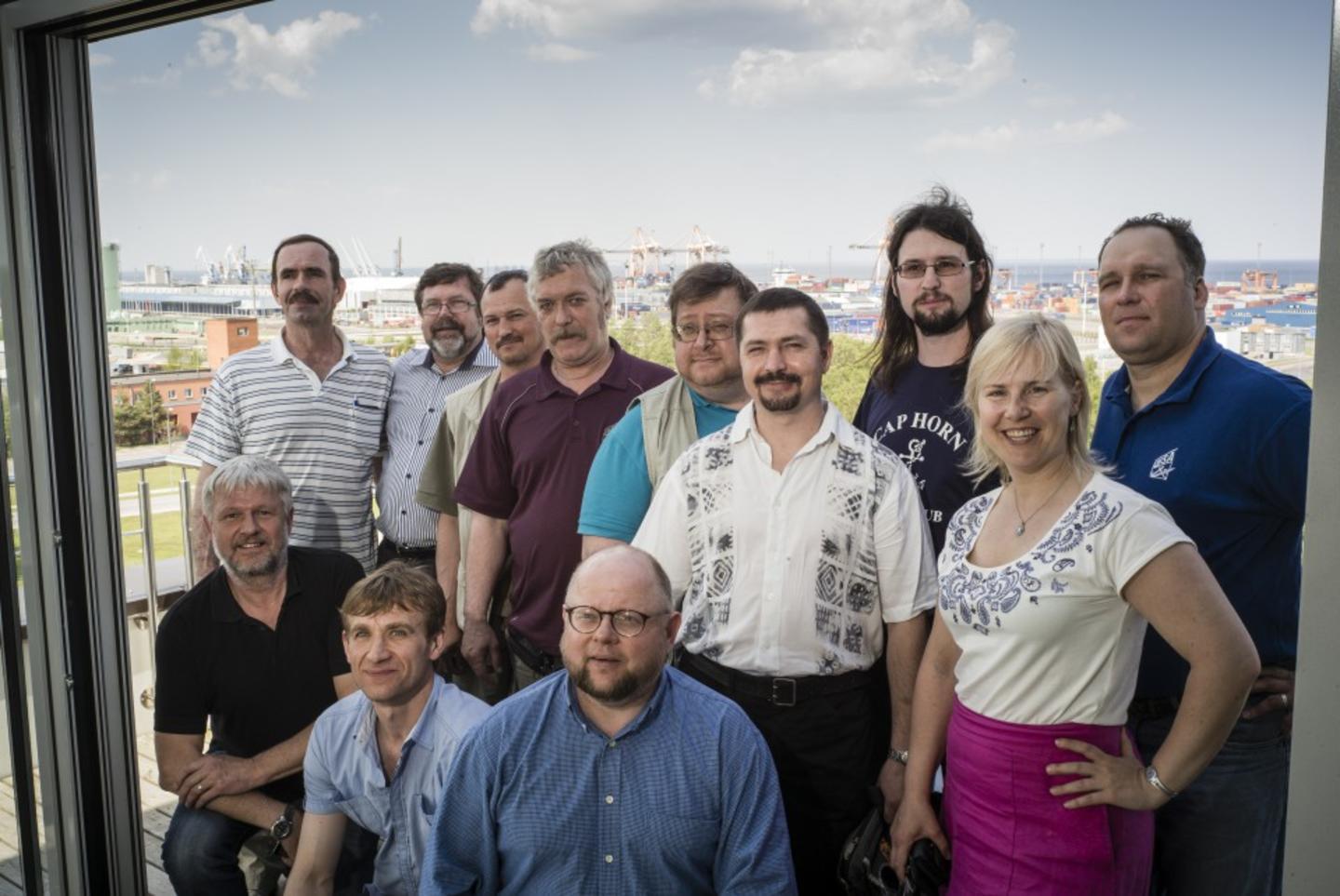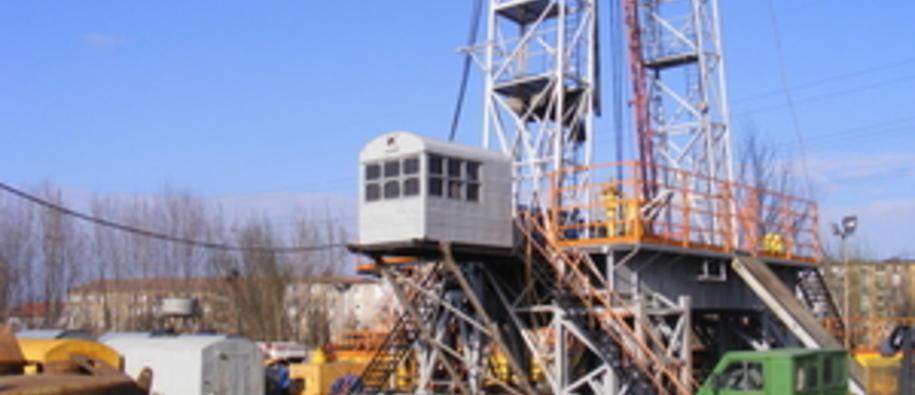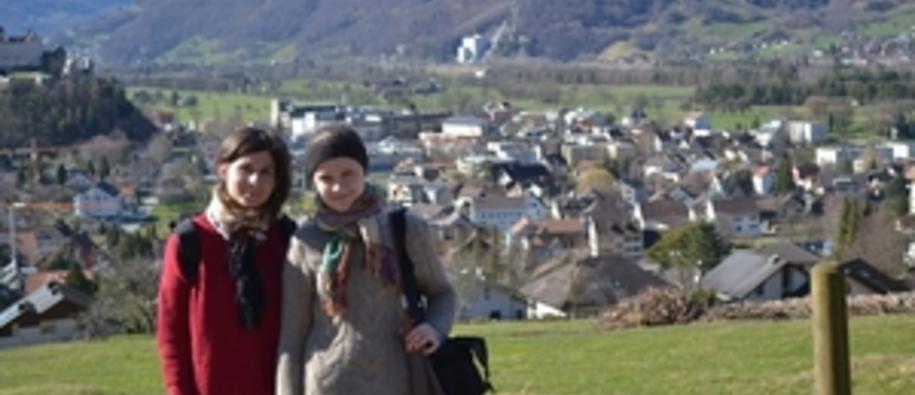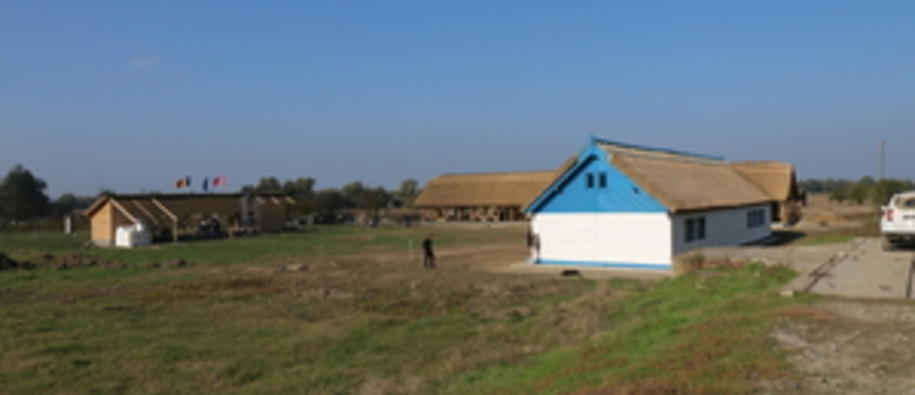Strengthening the political, economic and cultural ties is one of two main objectives of the EEA and Norway Grants.
Read more: What are the EEA and Norway Grants?
COWI A/S Denmark has been requested to assess to what extent, and in which way, the bilateral objective has, to date, been achieved. Their independent evaluation is published today and highlights the success of strengthening ties and cooperation between the donor and beneficiary countries.
Cooperation and partnerships
72% of the respondents believe the funding has strengthened bilateral relations to a high or very high extent.
The success factor has been matching people and institutions at administrative and political levels and in the private sector, academia and civil society in the donor and beneficiary countries. Such cooperation has been supported in - and is facilitated by - programmes, projects and through bilateral funds.
Almost 80 out of 150 programmes are implemented by the beneficiary countries in close cooperation with public bodies from the donor countries. And nearly 30 % of the more than 6500 projects have one or more partners from the donor countries.
* Individual programmes and projects may have several donor partners
Tools such as networking, professional exchanges, study tours, conferences and seminars, cooperation committees and bilateral funds support the programmes and projects in establishing bilateral partnerships; developing shared project results; sharing knowledge and increasing understanding, and ensuring the wider effects of the work, such as continued partnerships and expansion of bilateral or international networks.
Yet, the evaluation points to the lack of available partners in the donor countries as a main barrier in further developing bilateral relations in addition to cumbersome administrative procedures in the beneficiary countries. COWI also recommends improvement in the way the bilateral objective is defined and measured in the future.
Key findings
- Stakeholders in programmes and projects confirm the positive experience of working towards common results. Such mutual experiences have a higher effect on bilateral relations than more traditional ways of providing external support.
- Stakeholders in both donor and beneficiary countries have increased their knowledge and mutual understanding of the partners’ culture and institutions. 73% of survey respondents strongly agreed that awareness, attitudes and trust had increased through the EEA and Norway Grants 2009-14. Several strategic stakeholders state that both programmes and projects open doors at the political level.
- Continued cooperation and development of networks are significant, particularly via projects with grant support for partnerships in research programmes. The development of international and EU networks are supported under the Grants where the funding is an important facilitator for the first international cooperation for both parties. 76 % of survey respondents from projects expect that they will continue the dialogue and cooperation with partners in future - well beyond the projects’ completion.
Recommendations
The evaluation includes 14 recommendations from COWI A/S. The findings and recommendations are being taken into consideration in the preparation for the EEA and Norway Grants 2014-2021.
Key recommendations regarding the tools for strengthening bilateral relations include:
- Continue the current programme model, including existing tools to strengthen bilateral relations
- Ensure timely availability of bilateral funds at programme level
- Strengthen the results approach through clearer objective setting and better results measurement
- Expand the use of Donor Programme Partners and improve how they are matched with Programme Operators
- Increase availability of donor project partners
You can read about the findings, lessons learned and recommendations in more detail in the citizens’ summary and in the full report:
Snapshots of bilateral cooperation taking place under the Grants:
ICELAND
Utilising the geothermal potential in Romania
In Oradea in western Romania there is great potential to increase the use of geothermal energy. With support from the Grants and in cooperation with Icelandic Geothermal Engineering, the municipality is replacing fossil fuels for district heating.
LIECHTENSTEIN
Learning about a new country
“I learned that I have to believe in myself and my abilities. I learned to be open minded and to use all opportunities that I have.” Barbara Kulpa, a student at the Warsaw School of Economics, took part in an exchange with the University of Liechtenstein in Vaduz.
NORWAY
Establishing a more humane prison
A human ecological prison has been established in the Danube area introducing new educational methods to make it easier for inmates to return to society. The project is modelled on the renowned Bastøy prison in Norway with the Norwegian Correctional Services providing knowledge and best practices.
Find out more about the results of the bilateral cooperation taking place under the EEA and Norway Grants:
Read the article 'Working together with Norwegian partners'
Read the article 'Education and culture in focus for cooperation with Liechtenstein'
Read the article 'Geothermal energy at forefront of cooperation with Iceland'
Read more about the bilateral objective of the grants
Read and download the EEA and Norway Grants Annual Report 2015-2016



